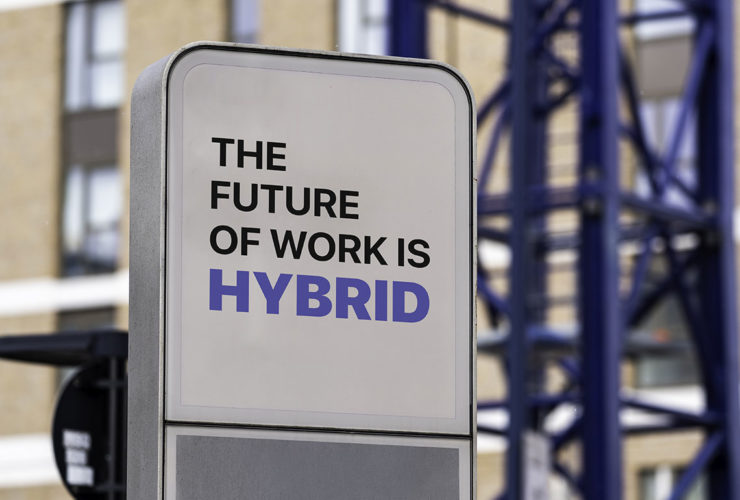It’s commonly accepted that competition for top tech talent is sky-high today. Examples of statistics that show this (there are so many) include:
- The rate of tech job creation is growing at twice the average for all jobs, according to the Bureau of Labor Statistics (BLS).
- By 2020, the BLS projects more than 1 million computer science-based jobs won’t have qualified college graduates to fill them.
- 90% of executives in the C-suite report that recruiting IT talent is a top challenge for their companies, according to an Appirio study.
Add in that 90% of recruiters (an all-time high, according to an MRINetwork study) say we have a candidate-driven market overall, and it’s safe to say the candidate-driven market in tech is extreme.
As a result, strong tech candidates—the ones you actually want to hire—can afford to pick and choose extremely carefully. As an employer, this means that every offer, every communication, every interaction, every process, matters when it comes to landing the tech talent you need.
But there are some factors that are more important than others in candidates’ overall evaluation of your company, as revealed by the following data:
- According to a 2014 Glassdoor survey, the top five considerations for candidates before accepting a job offer are:
- Salary/compensation
- Career growth opportunities
- Work-life balance
- Location/commute
- Company mission, vision, values
- According to a 2013 Corporate Responsibility Magazine/Allegis Group survey, 69% of job seekers would not take a job with a company that had a bad reputation, even if they were unemployed. Meanwhile, 84% would consider leaving their current jobs if offered another role with a company that had an excellent corporate reputation. And most in $75-100K salary range would only require a 1-10% salary increase to consider such a move.
- According to a 2015 Software Advice survey, job seekers say: the following are among the primary causes of negative candidate experiences:
- Unclear application instructions—93% said it would significantly or somewhat worsen their candidate experience.
- Long hiring process—83% said it would significantly or somewhat worsen their candidate experience.
Meanwhile, according to the same survey, candidates’ No. 1 suggested improvement to improving the application process experience is more communication.
When the first two elements above (compensation, benefits, growth opportunities, employer reputation, etc.) are relatively equal, which is common, the candidate experience becomes a major differentiator. Effective communication, efficiency and professionalism during interactions, well-performed interviews with relevant questions, all combined in a smooth process—help seal the deal.
With tech roles, a unique and important piece of the candidate experience is the technical interview experience. The technical interview experience actually helps answer many important questions for questions that are key in their overall evaluation of a company, and their decision on whether to accept an offer. Some examples include:
Am I a priority for this company? A quickly scheduled technical interview shows that the candidate is important to you. Side benefits: faster interviews show efficiency (your company gets things done) and help keep the hiring process brief.
Will fellow tech team members be of high quality? Having a seasoned technical interviewer asking challenging, relevant questions—along with intelligent follow-ups—reveals whether candidates have the necessary skills and experience to succeed. It’s a key indication to smart candidates that only qualified people get hired. In contrast, less-than-challenging technical interviews leave smart candidates unsure about the quality of your hires.
Is the company technologically up to date? Using quality technical interviewing tools (such as virtual code editors) shows that your company believes in using the right tools for the job. Not having such tools, meanwhile, not only creates communication frustration for candidates during technical interviews, it also can make candidates wonder what other technical tools your company lacks.
So when trying to make your company appealing to strong tech talent, pay special attention to the technical interviewing experience you provide. It can play an important part in candidates’ overall evaluation of your company. Get it right, and it will help you attract better talent. Get it wrong, and it could prevent you from acquiring the talent your business needs to succeed.
Related Posts: How-To Find the Best in Tech Across the Globe







